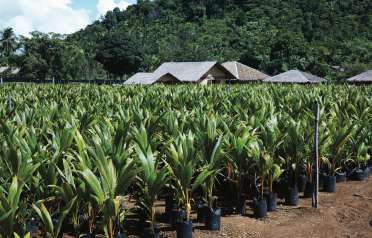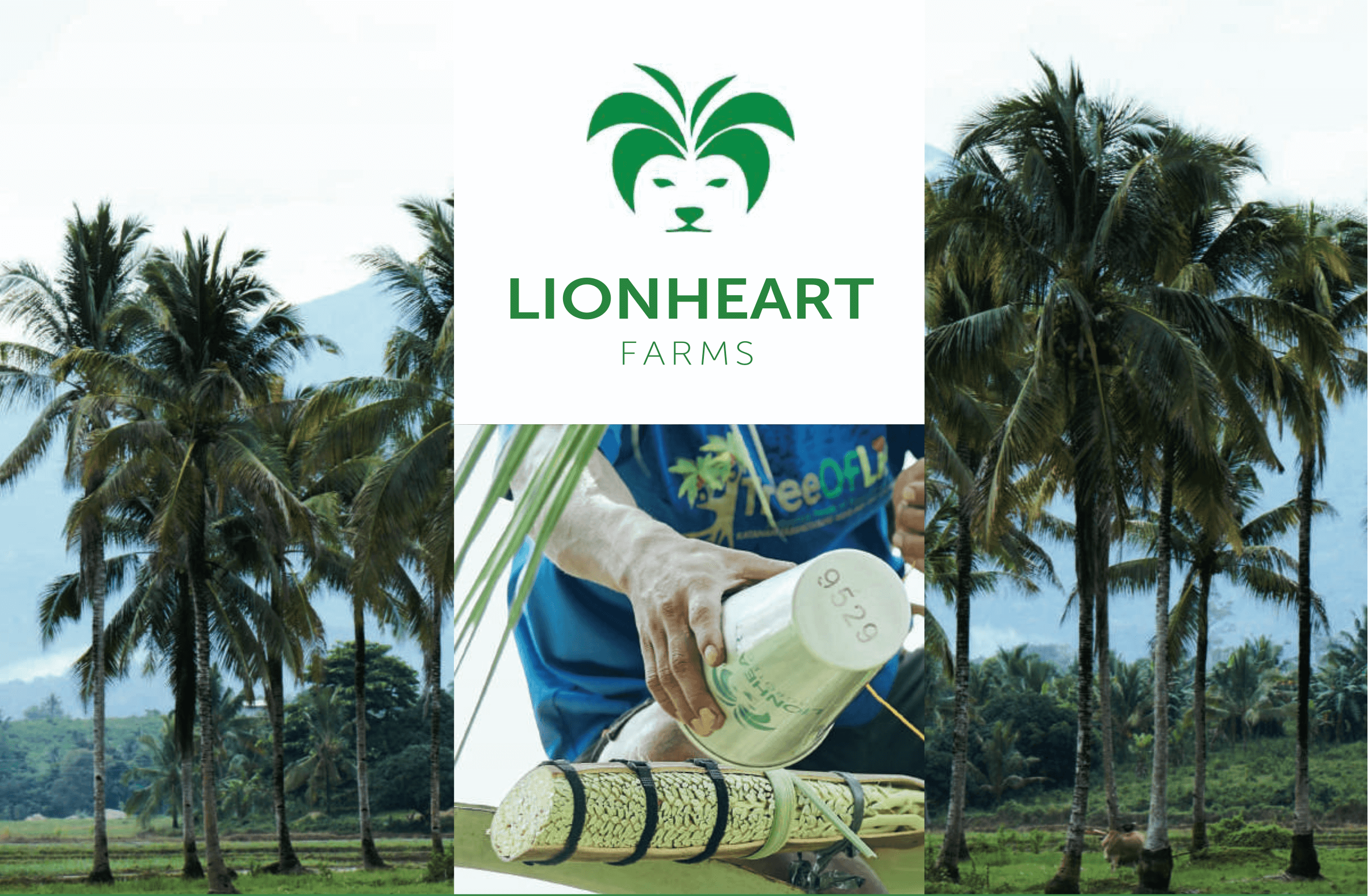
Sustainable sweeteners from the nectar of the coconut tree
Who we are
Lionheart Agrotech Limited is a Hong Kong based agricultural company. In 2015 Palawan Provincial Government and the PCA (“Philippine Coconut Authority”) invited us to develop an initial five Thousand hectares for a coconut plantation in Palawan, Philippines.
We harvest pure energy from the sun in the form of coconut sap. The sap is separated into water and different forms of natural sweeteners during the processing stage. Tapping the coconut flower sap is nothing new; it has been practiced at the small farmer level for centuries. At Lionheart, we are building on this tradition to create a menu of different flavour profiles, textures, and colours to match our customers’ preferences and specifications. The colour of the coconut sweetener can go from caramelized black to beach-white, while the texture can be like honey, or crystallized grainy, extra-fine, thick, or thin.
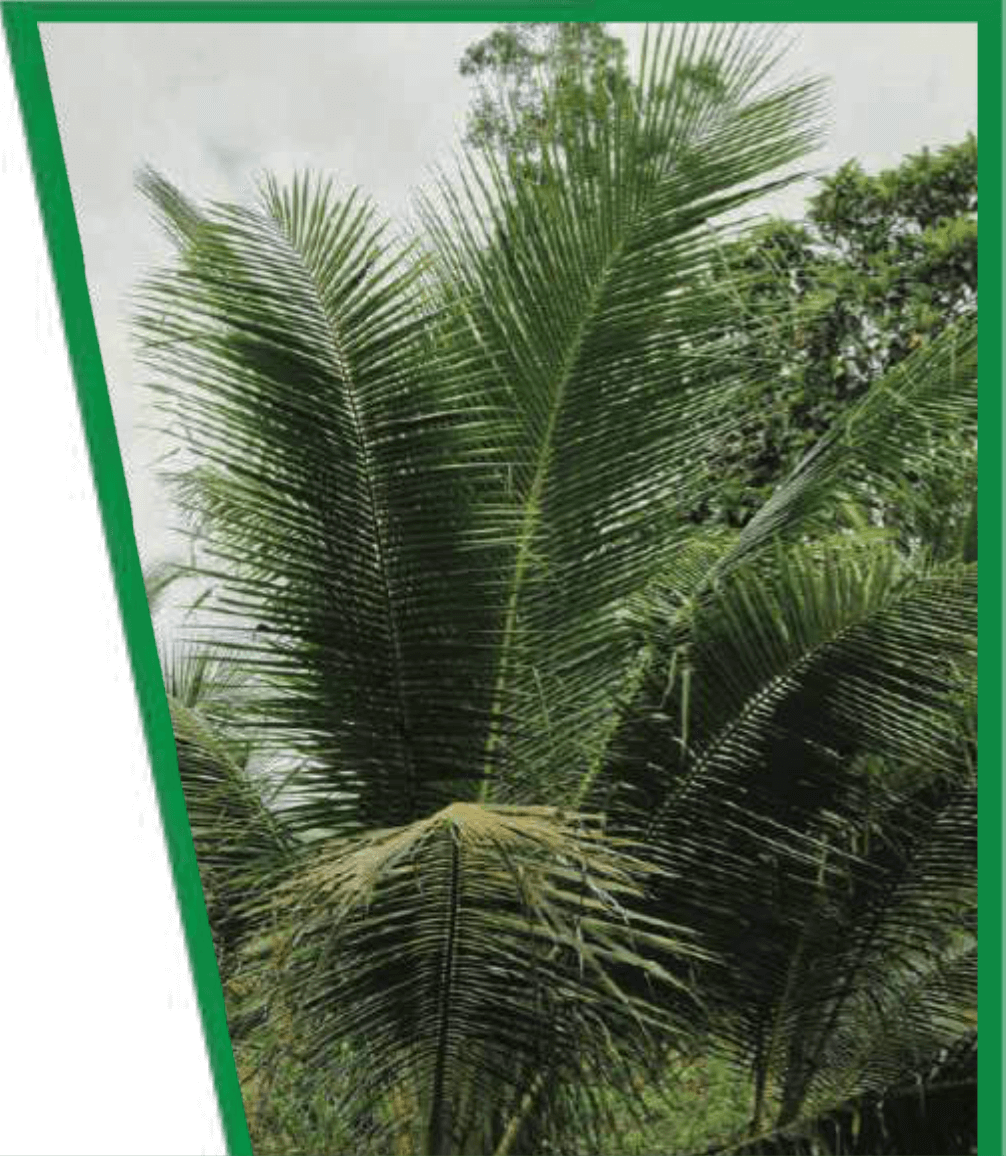
We adhere to a “More with less” philosophy; our organic and sustainable farming practices integrate tradition, innovation and science. We want our activities to benefit not only our customers but also the environment, both human and ecological. We are committed to fair practices for all stakeholders and conduct our operations in close cooperation with the local community, the National Commission for the Indigenous People, the Department of Environment and Natural Resources, and Palawan Council for Sustainable Development
Lionheart is Different
Our organic farming techniques are based on the Korean Natural Farming protocol. Healthy soil microbes are collected from the vicinity; those microbes form a starter culture for a host of concoctions such as organic foliar fertilizers, insecticides and soil treatment. The productivity of the farm is enhanced by the microorganisms and beneficial fungi. Microorganisms are territorial; they do not tolerate the invasion of other, potentially damaging bacteria and fungi. This helps controlling pests and diseases organically, without using potentially harmful chemicals.

Our customers get the benefit and comfort of knowing that they are working with a sustainable counterpart who is able to supply fully traceable, single source organic products in large quantities on potentially long-term supply contracts. Lionheart believes this is the future of the coconut sector.
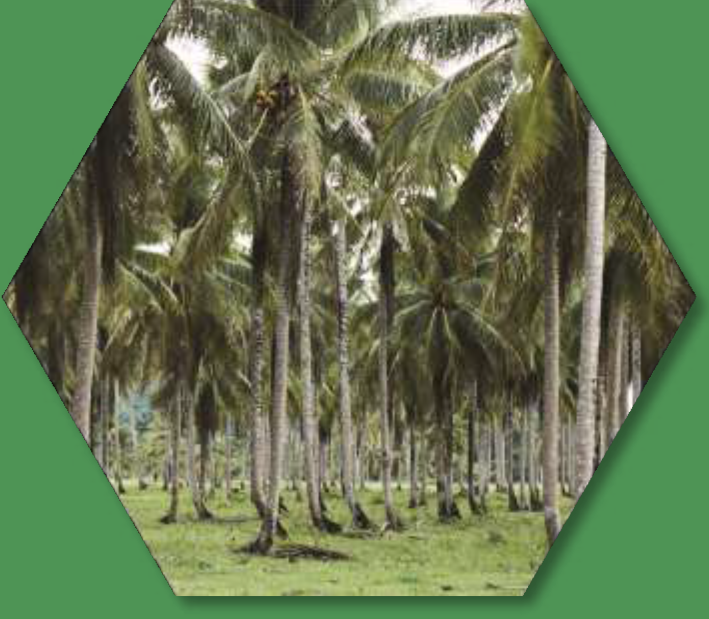

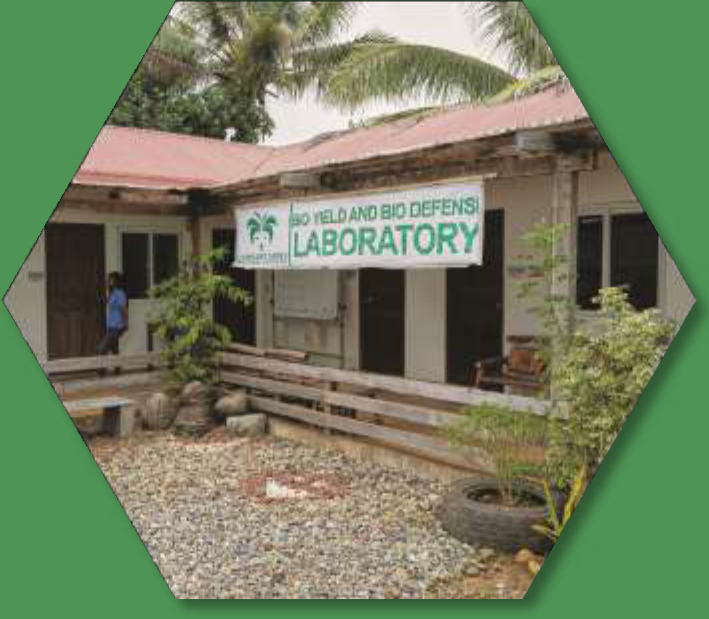
Lionheart is responding to one of the main structural challenges in the coconut sector: both farmers and trees are aging and, because the farms are getting smaller with each generation, there is an urgent need to modernize coconut farming for the benefit of the land owners, the farmers and the global food industry. We plant high performing coconut varieties and integrate processing, farming and logistics. This increases our control of the value chain, enhances our customers’ procurement journey, lifts the economic yield of our farm and improves the livelihood and prospects of the local community. The next generation is given a viable option to remain involved in coconut farming instead of abandoning the farm for better opportunities elsewhere. The scale of our plantation, our farming techniques and our production processes enable us to supply large and homogenous quantities of products of the highest quality to our customers.
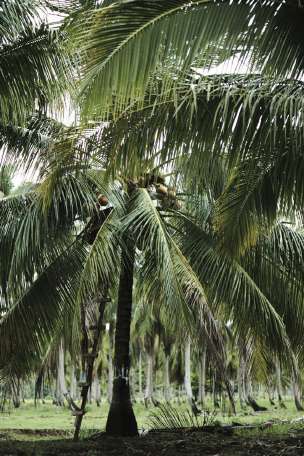
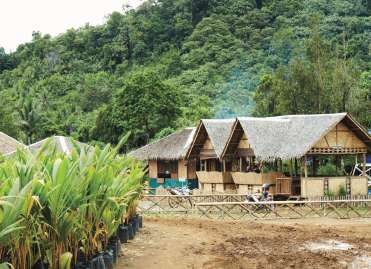

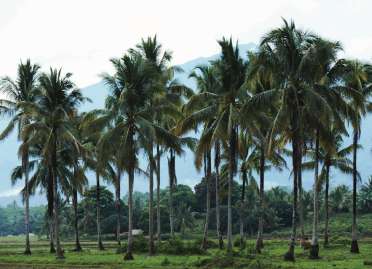
At Lionheart, we champion farming and processing techniques that are aligned with the United Nations’ Sustainable Development Goals. We aim at achieving the highest standards of environmental consideration and social justice

Lionheart’s farm in Palawan had nearly the highest national poverty incidence at 65% in 2015 when the project started. Once the farm is fully developed it will have sharply reduced this with virtually the whole host community being offered a job paying at least $6 / day with social services, pension and health plan.
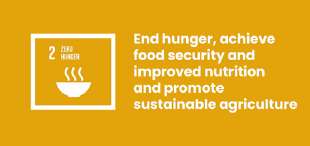
Lionheart harvests enough nutrients to feed 400 people per hectare compared to, to name a few, sugar cane (65), oil palm (100), or at the extreme other end of the spectrum, rain fed rice (8). Lionheart’s water use per kilo sugar is 200 liters versus sugar cane’s 3,000 liters.

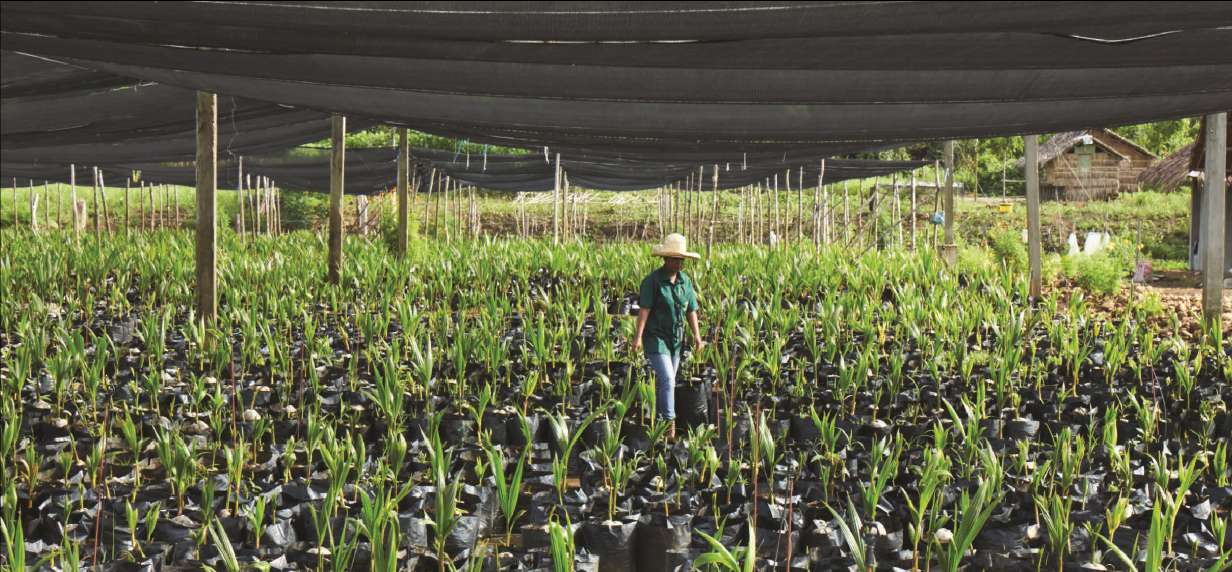
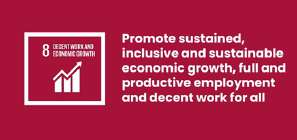
A number of entrepreneurial businesses have been established in for example catering, transportation, or fertilizer production that is sold directly to the project, but also restaurants, chilled convenience stores, health services, internet cafes which generate a multiplier effect bringing out the diverse talents in the host community, keeps young people from abandoning their home for opportunities in the Big City, and generally contributes to sustained, healthy growth.
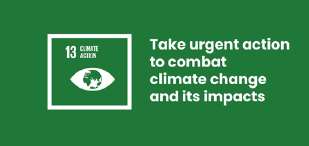
Lionheart’s coconut palms capture and store 350 kg CO2 per year, net of harvest and original vegetation. In high density planting pattern as practiced by Lionheart that is four times more carbon capture and storage than a humid tropical rainforest. When the Rizal farm is fully developed it will capture and store more than all the emissions caused by Palawan’s power sector (80MW).
Lionheart total carbon dioxide sequestration
(metric tons since inception)



